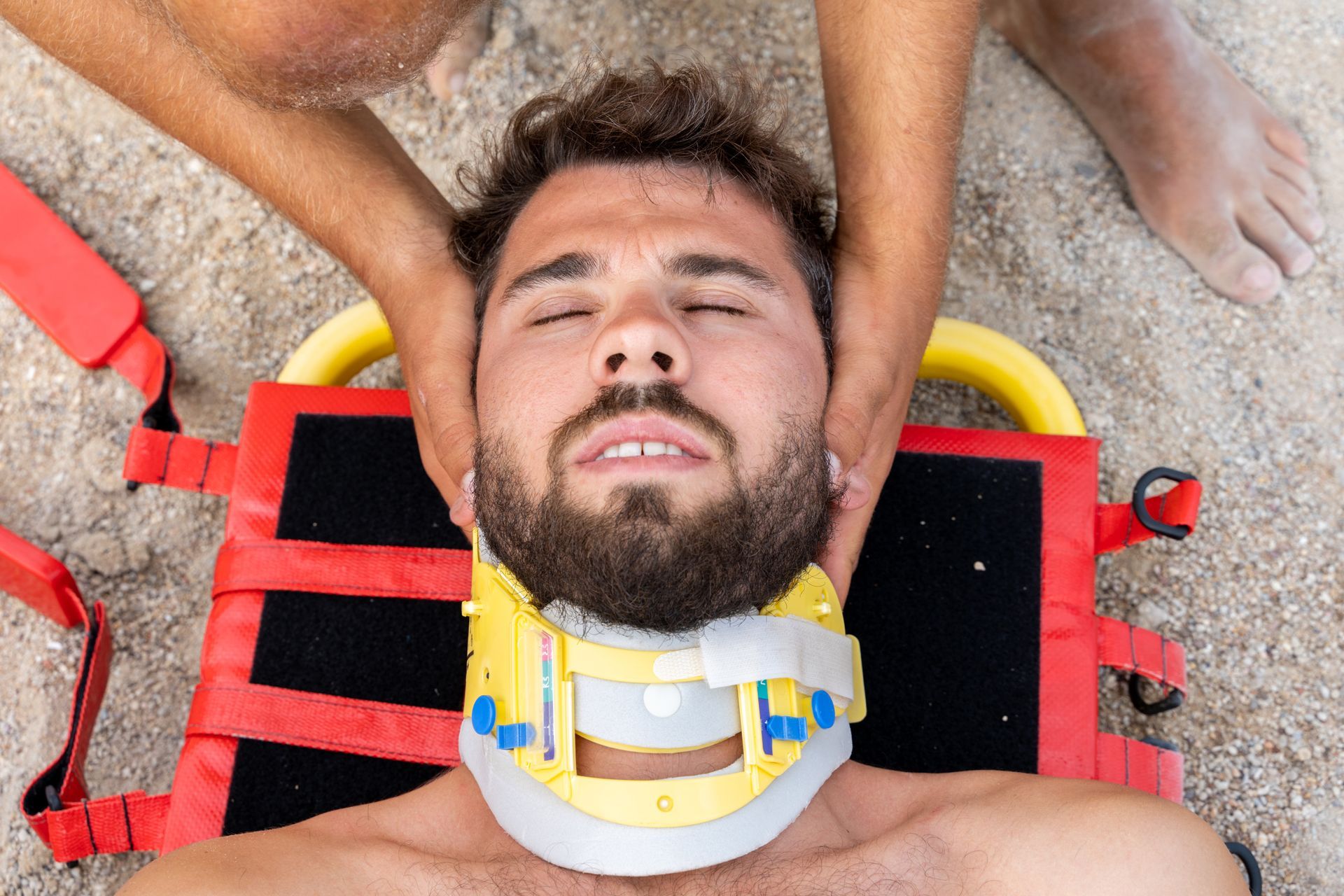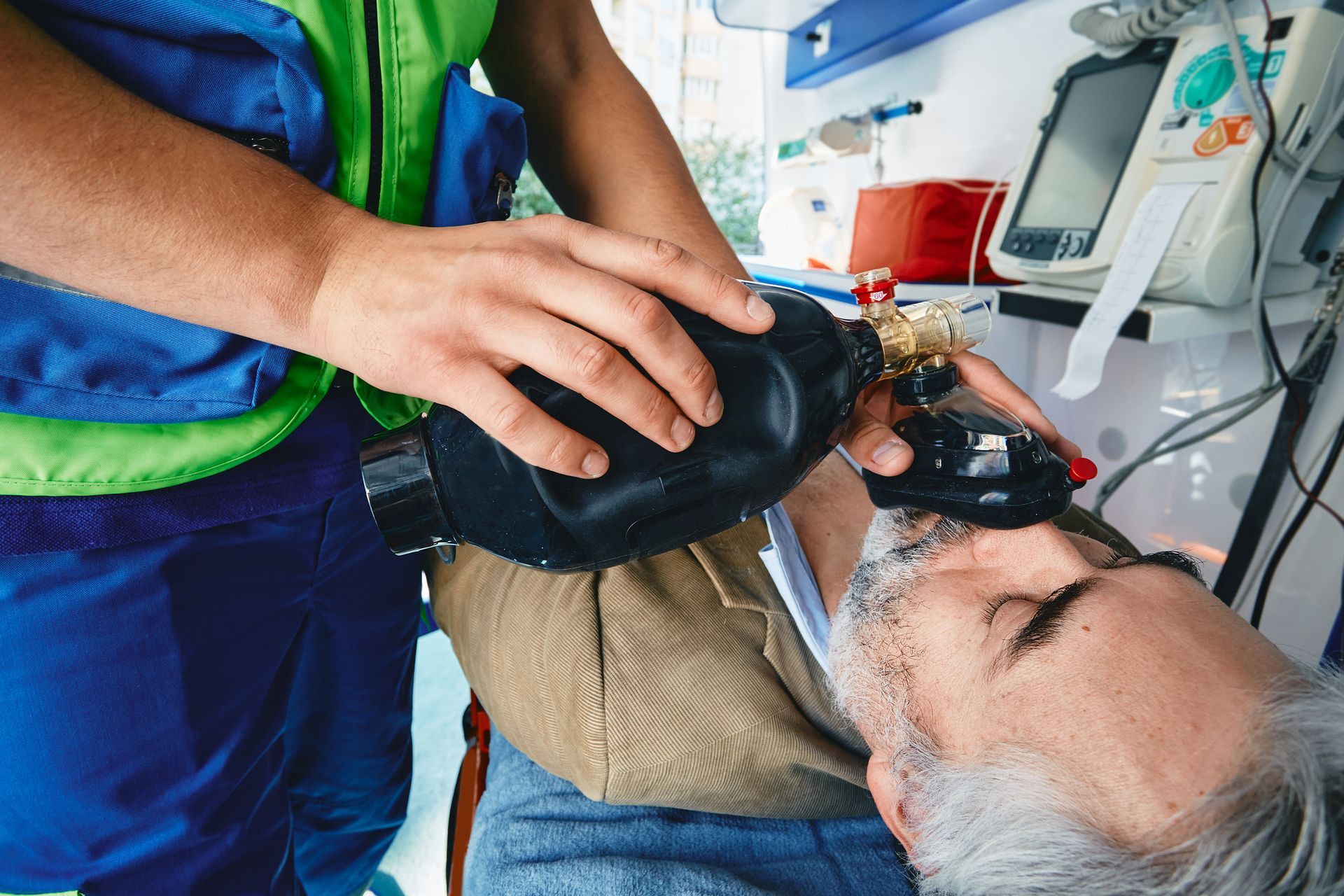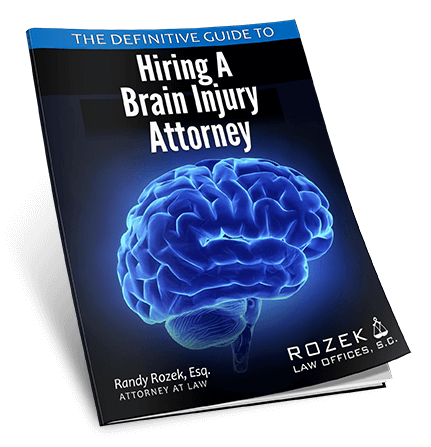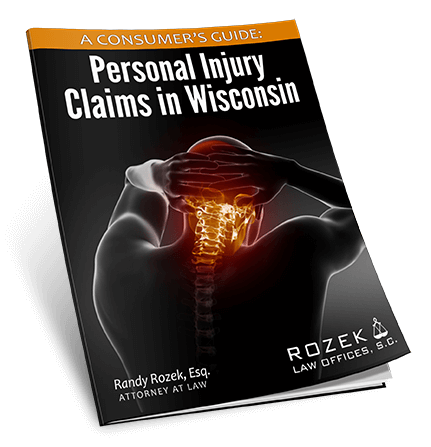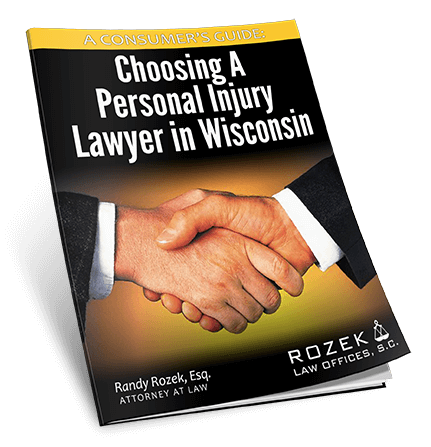Young TBI patients more likely to experience psychiatric illness
A new study out of the University of Oxford reveals that young people who sustain a traumatic brain injury (TBI) before the age of 25 are more likely to experience a psychiatric illness and die compared to people who haven’t experienced TBI.
The analysis was funded by the National Institutes of Health and was published in PLOS Medicine.
The researchers also found that those who had a head injury may complete fewer years of school and are more likely receive a disability pension, according to a press release on the Eunice Kennedy Shriver National Institute of Child Health and Development.
“ Traumatic brain injury (TBI) may result when the head hits an object or when an object pierces the skull and brain tissue. TBI can be mild, moderate, or severe, depending on the extent of damage to the brain. According to the study authors, TBI accounts for roughly 848,000 hospital admissions and emergency room visits in the United States each year among people under age 25,” the article reads. “Previous studies of adults have linked TBI to psychiatric illnesses and higher rates of cognitive impairment later in life. However, few large studies have been conducted of young people with head injury.”
The researchers reportedly reviewed medical, health, and other records of people born between 1973 and 1982, looking for people who had a TBI before age 25. Out of more than 1 million people, the researchers identified more than 104,000 who had a TBI before age 25.
“The researchers found that, on average, young people who had a TBI were nearly twice as likely to have been hospitalized for a psychiatric illness, compared to those who did not have a TBI before age 25. Additionally, those with a TBI were nearly twice as likely to die prematurely (before age 41) and to have a disability pension,” the article reads. “Compared to younger TBI patients , those who had their injury at ages 20 to 24 had a 25 percent higher risk for psychiatric hospitalization and premature death. Similarly, the TBI patients also did not progress as far educationally and were more likely to be receiving government assistance (welfare benefits). Those who had more than one TBI had three times the risk for any of these outcomes.”
The TBI patients had essentially the same high risk when compared to their siblings, which the researchers said discounts the likelihood that hereditary and environmental factors could account for their adverse outcomes.
The study authors noted that young TBI patients typically did not receive follow-up care after their injury. Given that these people tend to be at higher risk for illness, death, and lower educational and economic achievement, medical practitioners may want to consider programs to follow them over a longer period of time.
The study authors stressed the importance of preventing traumatic brain injuries in children.
